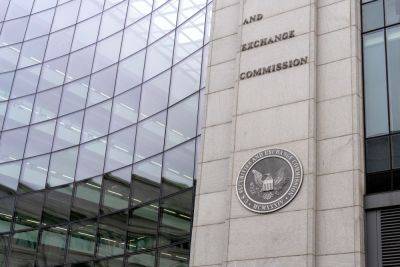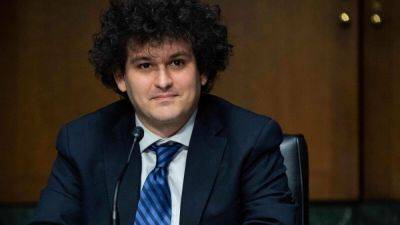The rich often misjudge the potency of their retirement savings, report finds
Many Americans are mistaken about their financial preparedness for retirement. But overconfidence skews higher for the wealthy than for others, according to a new report.
Twenty-eight percent of all U.S. households have an overly rosy view: They think they're on track to maintain their standard of living in retirement but are actually at risk of falling short, according to an analysis by the Center for Retirement Research at Boston College.
The analysis examines these households by income group. Thirty-two percent of high-income households are «not worried enough» about their retirement risk, a larger share than the 26% of low and middle earners.
More from Personal Finance: 'Quiet luxury' may be Americans' most expensive trend ever 3 steps to take before you start investing Social Security may be key issue for GOP presidential rivals
The divergence between perception and reality can be dangerous, experts said. Such households may be able to save more money during their working years but don't know they should do so.
«If they're not aware they should be saving more, they run the risk of having to cut back their consumption — perhaps substantially — in retirement,» said Anqi Chen, senior research economist and assistant director of savings research at the Center for Retirement Research.
They may also be unable to manage some risks in old age like higher health-care costs, added Chen, who co-authored the report.
There's an important caveat here: The meaning of being «at risk» differs between income groups. Low earners who are at risk may not be able to afford basic living necessities in old age, while an affluent household is unlikely to fall into poverty, for example, the analysis said.
The affluent risk a «difficult
Read more on cnbc.com





















